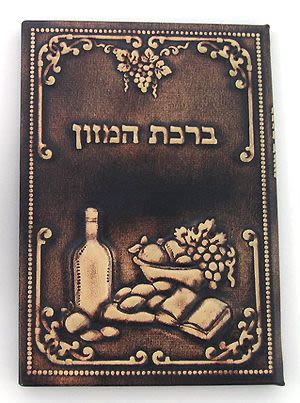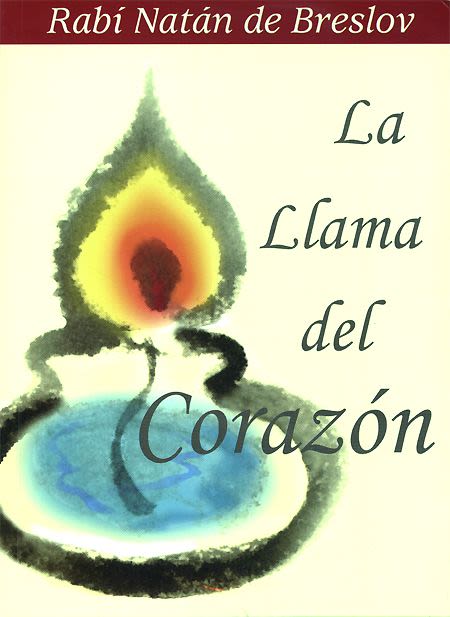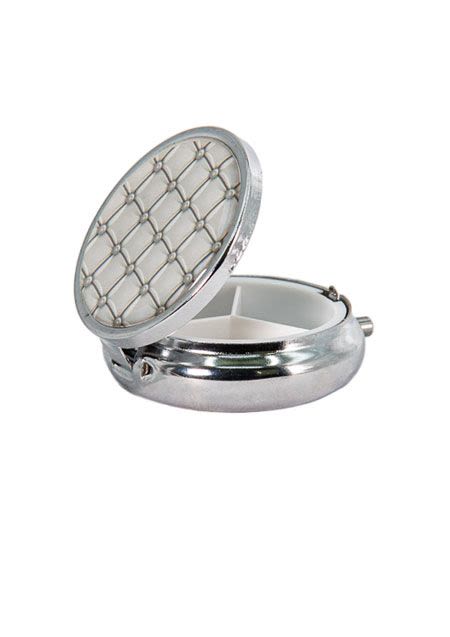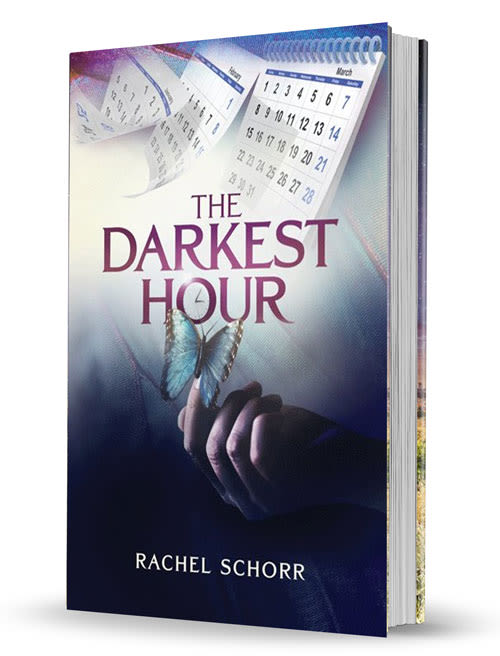
Wings to Soar
When my parents had the "chutzpah' to refuse, I dropped the atom bomb – "If you don't let me go to a Bais Yaakov, I promise that I will become a drug addict!"

A few days before Rosh Hashana, I attended an evening commemorating forty years of Bais Yaakov Denver. I would like to share with our readers some thoughts I had about the evening, and give you a glimpse into the changes that I've made in my own life.
Hakarat hatov, gratitude, is one of the foundations of Judaism. Through showing our gratitude to the people who have made an impact on our lives, we are also showing our gratitude to the Almighty, since those people are His emissaries, His tools for showering His loving-kindness on us. I still feel the deepest gratitude to Bais Yaakov Denver for accepting the person I was then – a person very different from the person I am today — into their school and heart.
Thirty-nine years ago, when I transferred from a public high school to a very small Bais Yaakov high school in Denver, Colorado, I was a very different from the person I am today. From the long, straight hair, parted exactly down the middle and falling casually into my eyes, to the violet and velvet-blue paisley dress and matching violet striped stockings, I looked the part I was trying to play – cosmopolitan, San Francisco hip, worldly, knowledgeable and extremely liberal. But inside, I was young, vulnerable, very, very innocent, and absolutely petrified.
In accepting me to the school, the Principal, Rabbi Schwab, was endangering a new school's precarious future. What impact would the me who existed close to forty years ago have on the other girls? It was a risk, a very serious risk, but to his eternal merit, it was a risk he was willing to take, to help a Jewish girl find her heritage.
My parents were baffled at my obsession with things Jewish. I had gone from dreaming of being asked to go out on my first date, to dreaming of building a kibbutz in the Jordon Valley, to dreaming of keeping Shabbos in the Holy Land, and had even set up my own kosher kitchen (well, at least I thought it was kosher . . .) in the basement. I literally devoured any book having anything to do with Judaism, from Eli Wiesel to Ann Frank to the Warsaw Diaries.
It was the kosher that left my parents completely perplexed. "Debbie," my father once said in exasperation, "in another twenty years there will be no one keeping kosher – except for you!" Little did he dream of the renaissance of Torah-true Judaism that would take place in the following decades.
Truth be told, at that point my Judaism had more to do with rebelling against the Establishment than searching for spirituality. Everywhere around me I saw emptiness and a lack of purpose. Life seemed one-dimensional, plastic, totally lacking in reality. I knew that I did not want to spend eight years of my life at university learning a profession in order to spend the next forty years earning money so that I could have all sorts of luxuries that I would never enjoy because I would be too busy earning money to enjoy them or too old and decrepit. I did not want the confines of conventionality. I wanted freedom, to run barefoot in the sand while feeling somehow connected to a Higher Power, with no strings attached, of course.
I knew what I didn't want, and I had a hazy idea of what I was looking for – to be totally Jewish, connected to something deeper than the materialism that surrounded me, and live at peace with myself and the world. On the other hand, the limitations of mainstream orthodoxy appeared stifling. Little did I realize that it was davka through embracing these limitations that I would discover the meaning of true freedom. And no, Dear, I was to discover, it is not running barefoot in the sand, with the sun's golden rays reflecting off the auburn highlights in my hair, feeling connected to some ambiguous Higher Power. It was the structure that would give me wing to soar.
I belligerently informed my parents that I was leaving home to study Torah in a yeshiva high school, while insisting, of course, that they foot the bill. (Although I deeply regret my behavior, I am sure that in the World of Truth, they are rejoicing over every penny they spent on my Bais Yaakov education.) When my parents had the chutzpah to refuse, I dropped the Atom Bomb: "If you don't let me go to a Bais Yaakov, I promise that I will become a drug addict!" How's that for creativity? I'm probably the only person in history who used that ploy to get a yeshiva education!
The truth is, I was really a nice girl, and in the upside-down world of San Francisco, absolutely ashamed of it! I was probably the only girl in my secular high school who had never tried drugs. Not that I had anything against using them. After all, how un-hip could one be? I was – Baruch Hashem! – petrified of being caught and thrown into jail for the rest of my life, but my parents didn't know that. They assumed that I was the person I was pretending to be. Within less than forty-eight I was shipped off to Denver, but with a warning: "Now when you see what religious Jews are really like, I'm sure you'll stop all this mishugas about wanting to be one of them."
I was determined to learn as much Torah as possible, yet remain the same person that I had always been. I idolized individuality. Although I gave lip service to concepts such as ‘self-awareness,’ ‘finding the real me' and ‘spiritual growth’, I did not understand that they entailed an end to rebellion and change in my very essence. As you can see, I was definitely not what you would call a typical Bais Yaakov girl.
I will never forget my first day at Bais Yaakov. I felt as if I had landed on Mars. The girls were all dressed as aliens, in hospital green, striped, long sleeve shirts, and pleated green – yes, that same sickly hospital green – skirts. They actually stood up in respect when a teacher entered the room! Respect a teacher? In my old school, it was the other way around.
When class began, my premonition that I had landed on a different planet was confirmed. The teachers spoke a foreign language and occasionally threw in an English verb. I had never heard of Moshe Rabbeinu (Moses, our teacher) Chumash (the five books of the Torah– golly I didn't know there were five of them) or the word Hashem. In San Francisco, we called Him God. I didn't even know how to read the alef-beit.
Recess was even more mind-boggling. The girls actually sang! And when we did set up a volleyball game, it was to have fun rather than kill the opponent. My intuition was correct. I had definitely landed on a different planet.
Changes
As long as I could remember, I had been taught that Judaism had no set theology. A person could choose whatever beliefs he was comfortable with, somewhat along the lines of Well, if you need to believe in God to be happy with your life, then that's what you should believe in. I could choose to believe in God, or in anything else for that matter. It was my prerogative. In other words, I was ultimate decision-maker, i.e. god, and I could choose to create another god [sic] if I ever felt that I needed him.
I remember my shock when I read Maimonides’s Thirteen Principles of Faith in English translation that was on a poster in the hallway. "Why I don't believe half of this," I blurted out. The concepts of tichiyat hameitim (resurrection of the dead), schar v'onesh (reward and punishment), prophecy, and even the Divine origin of the Torah were completely foreign to me. "Perhaps my father is right and this is not for me," I thought. The idea of losing my freedom and submitting to One higher than myself was frightening, but I was much too obstinate to admit that I was having doubts, and so I continued learning.
One of the wondrous things about learning Torah is its ability to change a person's essence. As the year progressed, I came to realize the truth of what I was learning. The Torah was not an amazing piece of literature. It was not an exquisite parable for deriving ethics. The Red Sea really DID split; Hashem really DID give the Torah to the Jews on Mt. Sinai. The Almighty Himself commanded the Jews to observe the Torah!
On one hand, knowing this truth was exhilarating. I had found what I was searching for. I knew why I was created. The world had become three dimensional, filled with color and vibrancy. On the other hand, with truth came commitment, a lifelong commitment. No matter how difficult the challenges I would face, I knew that I would have to continue keeping the mitzvos. That was a very frightening realization.
I felt as if I was on an emotional roller coaster. I was relieved to realize that I was doing the right thing and that my life had direction, but I was depressed. I was locking myself into something; so many things that I enjoyed were now off-limits. And what about my friends back home? What would they say when I came home to visit wearing a dress instead of my usual dungarees? What would they think of me?
It took me thirty years finally to be able to talk about how I felt then. When I described these feelings to Rabbi Lauer, the school's former Vice-Principal, he said to me, "That was when you were m'kabel Ol malchut Shemayim (accepting the yoke of Hashem's Kingdom)." (You see? I also became an alien). Accepting a yoke, even if that yoke is the passport to life, real life, is difficult. It's not easy to do what is right, but it is exhilarating!
On a less dramatic scale, every single day each and every one of us is faced with a similar choice to the one that I had to make so many years ago. Whether it be to stop and recite a blessing clearly and with proper intent, rather than mumbling it under our breaths, or choose a kosher rather than a questionably kosher brand of breakfast cereal, each of us, at whatever level of religious observance we are, is given the opportunity to accept Hashem's sovereignty.
We are given opportunities every single day to accept life, to grow in our commitment and deepen our relationship to the Almighty. The keys to true freedom really are in our hands. It's our decisions, both major and minor, that give us wings to soar.
It is my heartfelt blessing that in this coming year all our choices reflect our desire to accept Hashem's sovereignty upon us. May we continue to grow in our Yiddishkeit, together with all our Jewish brothers and sisters.












Tell us what you think!
Thank you for your comment!
It will be published after approval by the Editor.